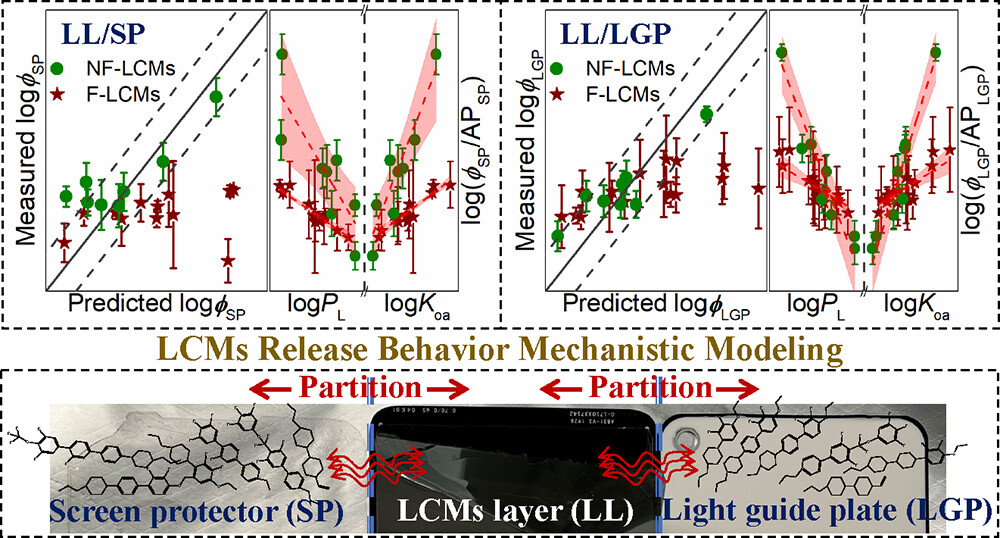Research Highlights

Involved Member: Dr. Moriaki YASUHARA
This research explores the potential effects of ocean-based climate interventions (OBCIs) on deep-sea ecosystems. It addresses the growing interest in using the ocean as a source of climate change mitigation solutions and highlights the need to consider the biogeochemistry and ecosystems of the deep sea, which have received limited attention thus…

Involved Members: Dr. Jinping CHENG, Prof. Hongbin LIU
The increasing occurrence of diverse pathogens in coastal and mariculture areas demands improved monitoring platforms to prevent economic and public health implications. Accessible databases with up-to-date knowledge and taxonomy are critical for detecting and screening environmental pathogens. This study developed an aquaculture…

Involved Members: Dr. Leo Lai CHAN, Prof. Jianwen QIU
Coral communities in China’s Greater Bay Area (GBA) experienced an unprecedented coral bleaching event in the scleractinian coral communities located in the northern South China Sea (nSCS) from July to August 2022. This research conducted field surveys at 6 sites in the three main coral distribution areas of the GBA. The results…

Involved Member: Prof. Nora Fung Yee TAM
This study investigates the factors involved in shaping sediment biofilms in contaminated mangrove sediments through in-situ characterization of biofilm components and environmental factors. The pennate diatom Navicula plays a crucial role in balancing the abundance of Nitzschia and Cyclotella and producing bound-polysaccharides. The…

Involved Members: Dr. Siu Gin CHEUNG, Dr. Chun Kit KWOK, Prof. Kenneth Mei Yee LEUNG, Prof. Jianwen QIU
This study provides up-to-date the distribution and abundance of amphioxus at 23 sites spanning the eastern, southern and southwestern waters of Hong Kong. Amphioxus is classified as a Class II protected species in China. This study also elaborated the relationship between amphioxus…

Involved Member: Dr. Henry Yuhe HE
Liquid crystal display (LCD) screens can release organic pollutants into indoor environments, including liquid crystal monomers (LCMs), which have been proposed as a novel class of emerging pollutants. Understanding the release pathways and mechanisms of LCMs from different components of LCD screens is crucial for accurate assessment and comprehension…